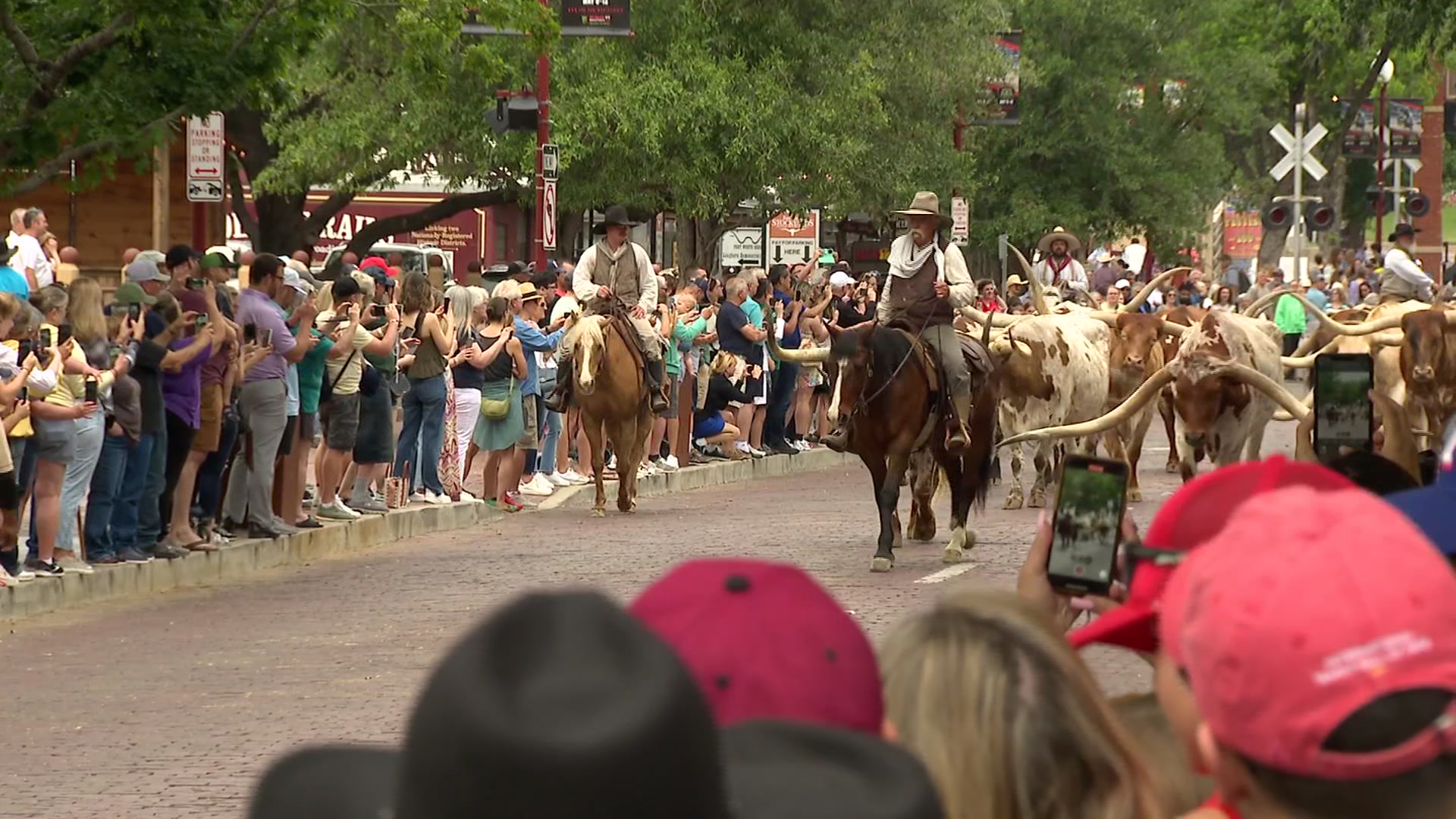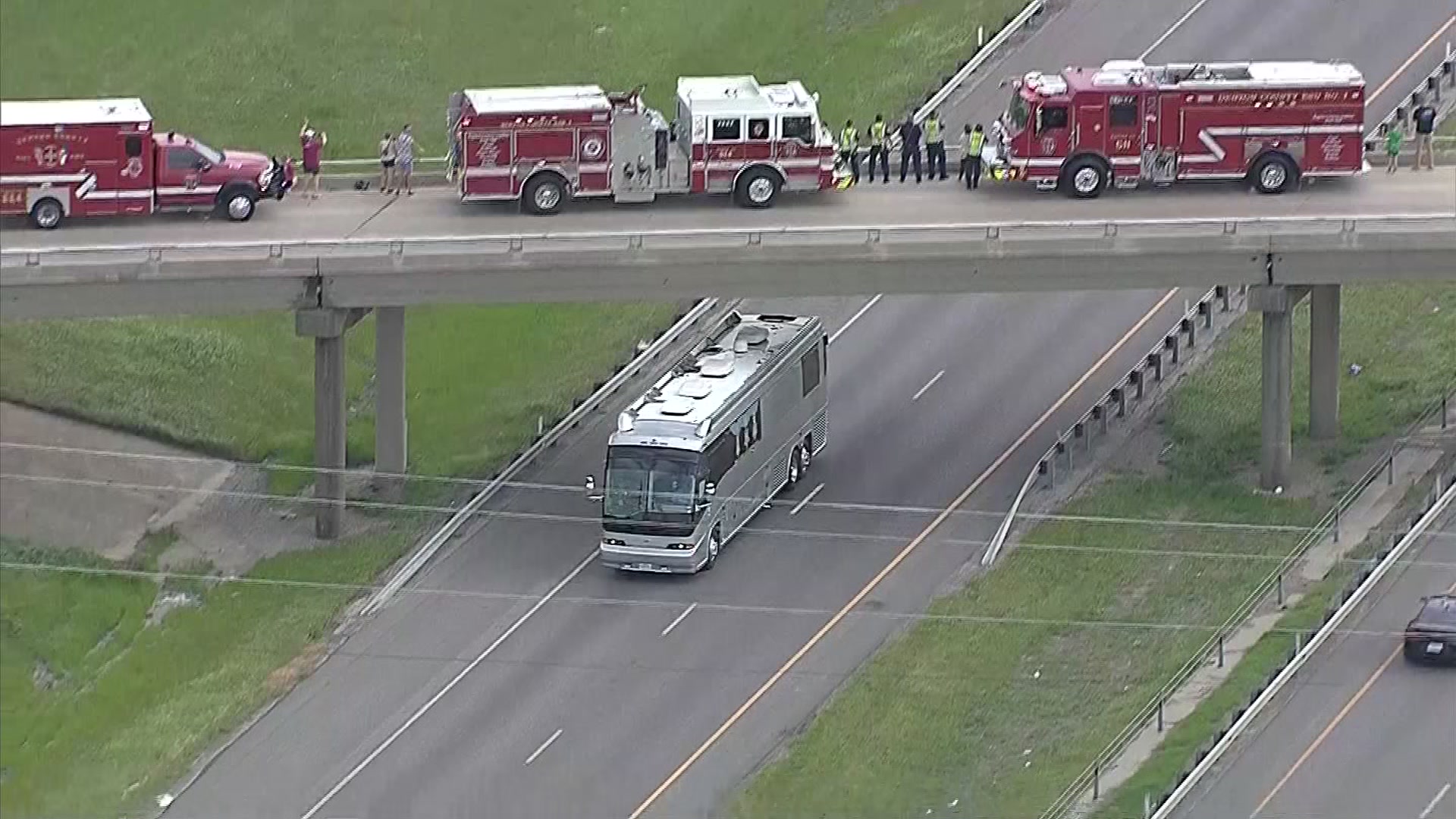Rape and sexual assault survivors sometimes have a reluctance to go to authorities, and Denton police want to help change that.
The police department is banking on a $450,000 grant to pay for an investigator who would focus solely on sexual assault and rape cases. In Denton, those crimes occur well above the national average.
"It's a traumatic experience," said Lt. Chris Summitt. "There are a lot of obstacles which would push a victim away from wanting to bring the offense to light."
Summitt says one goal for the department is to make the investigating process more comfortable for victims. Currently, five detectives who work major crimes handle sexual assault cases on top of their other duties. While they do a good job, says Summitt, having a detective focused solely on the sometimes-delicate nuances of rape investigations will be a benefit.
"It's uncomfortable," he said. "Invariably when a victim comes forward, they're going to have to retell the story."
Police and victims advocates say Denton's high rate of rape and sexual assault is not uncommon in college towns. The city is home to both the University of North Texas and Texas Woman's University.
Experts says the numbers are most likely higher than reported.
Local
The latest news from around North Texas.
"It's one of the most unreported crimes in this country," said Renee McDonald, UNT's student survivor advocate. "It can be very hard for a survivor to come forward, relive their experience and relive the trauma."
National studies claim one in four college women will become a sexual assault victim. McDonald says she's assisted "a lot" of students in her role. Part of her job is to help victims navigate the system, and direct them to resources for help.
Summitt says the grant would also allow Denton Police Department to give intensive training to other officers who might handle sexual assault and rape cases. Police and advocates say the #MeToo movement will likely spur a greater number of assault survivors to come forward.
It's an increase they're already beginning to see.
"I think we're seeing a trend of people across the country, of people saying this is not OK," McDonald said. "This behavior will not be tolerated."



